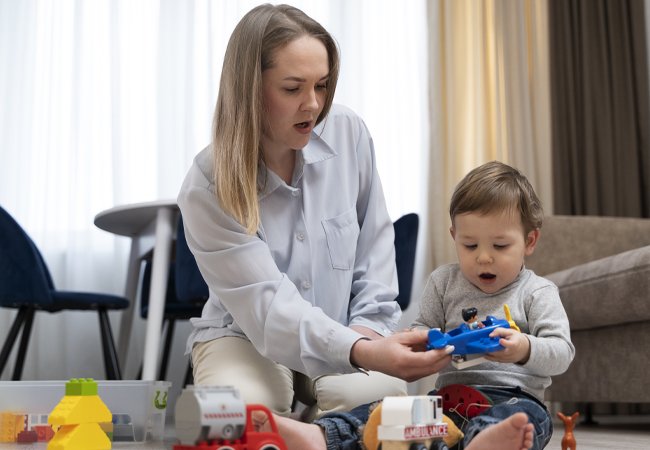Services
- Home
- Services
Home Nurcing
Home nursing refers to the provision of medical and personal care services to patients in their own homes, facilitating recovery and promoting independence. Home nurses, often registered nurses or licensed practical nurses, deliver a range of services, including wound care, medication administration, monitoring vital signs, and assisting with daily activities such as bathing and dressing. They work closely with patients, families, and healthcare teams to develop individualized care plans that address specific health needs.


Patient Care
Patient care involves providing comprehensive support and assistance to individuals receiving medical treatment in various healthcare settings, such as hospitals, clinics, or nursing homes. Healthcare professionals, including nurses, caregivers, and medical assistants, are responsible for monitoring patients’ health, administering medications, assisting with daily activities, and ensuring comfort and safety. Patient care also encompasses effective communication with patients and their families, educating them about health conditions and treatment plans.
Baby Care
A babysitter is responsible for supervising and caring for children in the absence of their parents or guardians. Their duties include ensuring the children’s safety, preparing meals or snacks, assisting with homework, engaging in play or educational activities, and maintaining a routine such as bedtime or nap schedules. Babysitters may also handle light household tasks related to the child’s care, such as tidying play areas. They need to be patient, responsible, and attentive, with the ability to respond calmly in emergencies while providing a nurturing and secure environment for the children.


Cook
House Keeping


Emergency Staff Nurse
Security
A security professional is responsible for protecting people, property, and information from various threats, including theft, vandalism, and unauthorized access. They monitor premises through surveillance systems, conduct regular patrols, and enforce security protocols to ensure a safe environment. Security personnel may work in various settings, such as retail stores, corporate offices, events, or residential areas. Their duties also include responding to emergencies, managing access points, and reporting incidents.


Admin
An administrator (admin) is responsible for overseeing and managing the day-to-day operations of an organization or system, ensuring that processes run smoothly and efficiently. In a corporate or institutional setting, an admin handles tasks such as managing schedules, maintaining records, coordinating communications, and ensuring compliance with policies. In IT, a system or network admin manages and configures systems, networks, and servers, ensuring security, functionality, and performance. Admins play a critical role in keeping operations organized, troubleshooting issues, and supporting overall organizational objectives.
Human Resources (HR)
Human Resources (HR) is a department within an organization that manages the recruitment, training, development, and well-being of employees. HR oversees a range of functions, including hiring, onboarding, payroll, benefits management, employee relations, and compliance with labor laws and regulations. It also plays a crucial role in shaping company culture, improving employee engagement, and addressing workplace issues such as conflict resolution or performance management. HR ensures that the organization attracts, retains, and develops talent while fostering a positive and productive work environment.


Accountant
An accountant is a professional responsible for managing and analyzing financial records, ensuring accuracy, compliance with regulations, and providing insights into the financial health of an organization or individual. Accountants handle tasks such as preparing financial statements, managing budgets, tracking expenses and revenues, conducting audits, and filing taxes. They play a key role in helping organizations make informed financial decisions, ensuring efficient use of resources, and maintaining transparency in financial reporting. Accountants can work in various fields, including public accounting, corporate finance, tax, and auditing.
Receptionist


Telecalling
Telecalling involves making phone calls to potential or existing customers with the goal of promoting products or services, providing customer support, or gathering feedback. Telecallers play a key role in sales and marketing, as they engage directly with customers to explain offerings, handle inquiries, and close sales. This form of communication is often used for cold calling, lead generation, or follow-up on previous interactions. Successful telecalling requires effective communication skills, patience, and the ability to handle objections or rejections, while maintaining a professional and persuasive manner.
Marketing
Marketing is the process of promoting and selling products or services by understanding customer needs and developing strategies to reach target audiences. It involves a range of activities, including market research, advertising, branding, public relations, and sales promotion. The goal of marketing is to create value for customers and build strong relationships with them, ultimately driving demand and increasing revenue. Effective marketing combines creativity with data analysis to identify market trends, position products effectively, and craft compelling messages that resonate with consumers, ensuring a competitive edge in the marketplace.


Driver
A driver is responsible for operating vehicles to transport passengers, goods, or materials safely and efficiently. They ensure that their vehicle is well-maintained, follow traffic laws, and plan routes to reach destinations on time. Drivers may work in various sectors, including personal transportation, delivery services, or commercial transport such as trucks or buses. In addition to driving, they may handle tasks like loading and unloading cargo, maintaining logs of their trips, and performing basic vehicle maintenance. Good driving skills, time management, and knowledge of road safety are essential for this role.
Maid
A maid is responsible for performing a variety of cleaning and household tasks to maintain cleanliness and order in homes, hotels, or other establishments. Their duties typically include dusting, vacuuming, mopping floors, making beds, laundering clothes, and cleaning bathrooms and kitchens. In some cases, maids may also assist with meal preparation, organizing spaces, or running errands. They play an essential role in ensuring that living or working environments are tidy, hygienic, and comfortable. Attention to detail, time management, and reliability are important traits for a maid to effectively complete their tasks.









